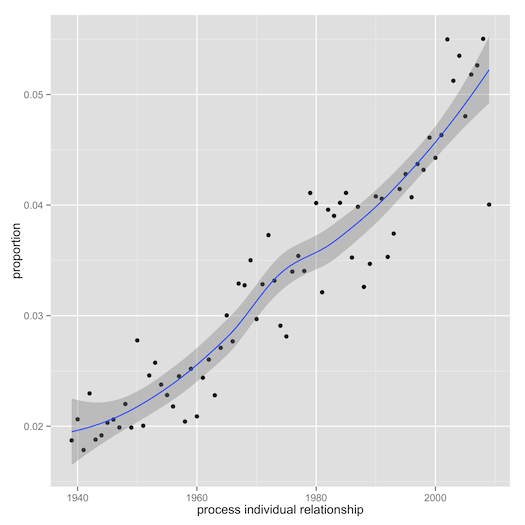process individual relationship understanding important ways nature role view form approach focus means context development concept change emphasis understand

process individual relationship understanding important ways nature role view form approach focus means context development concept change emphasis understand
